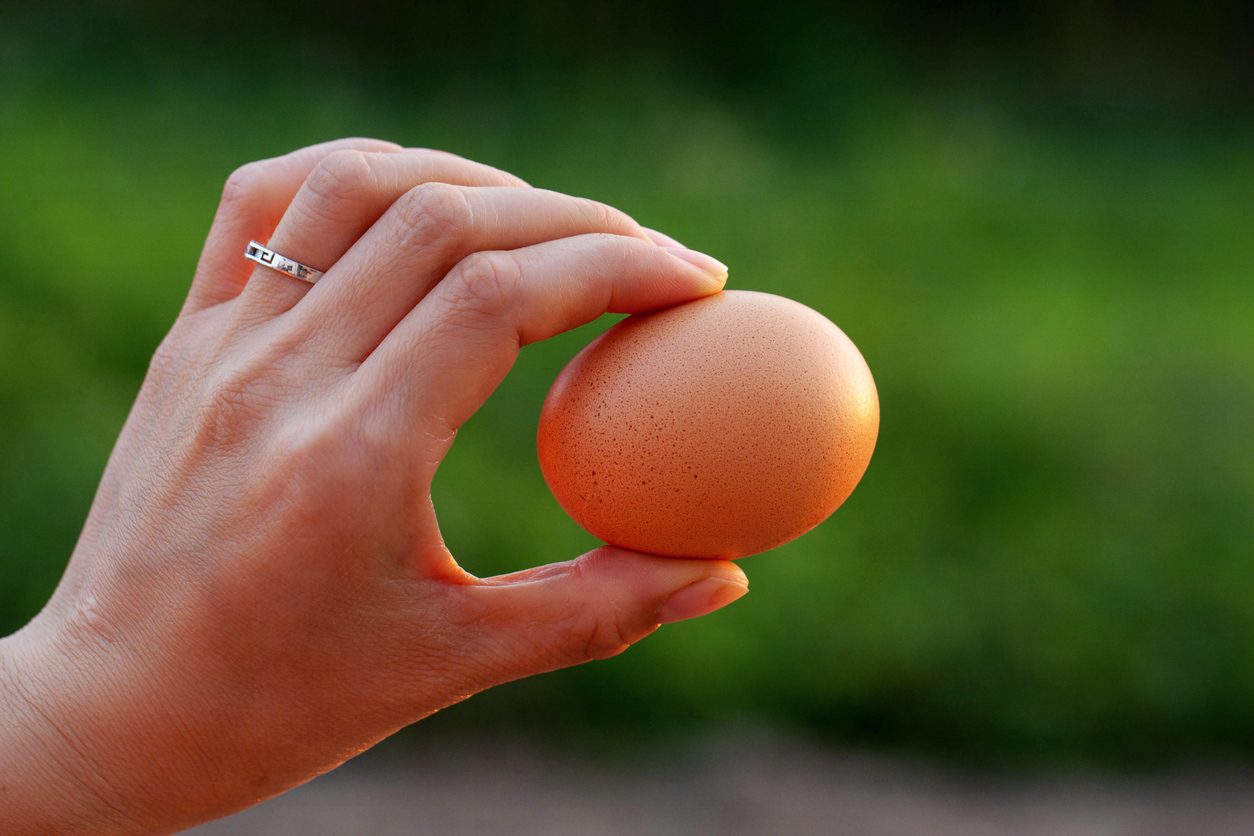How to Check if Eggs Have Gone Bad: 4 Infallible Methods!
To check egg freshness: use the water test (floats = bad, sinks = good); observe color and smell after cracking (bad odor or pale yolk = spoiled); note peelability post-boiling (easy peel = older egg); and try the shake test (sloshing sound = not fresh). These methods ensure egg safety and quality.
;)
In the culinary world, eggs hold a place of honor for their nutritional value, versatility, and the creamy, rich texture they add to dishes. Yet, given their perishable nature, it's crucial to distinguish fresh eggs from those that have gone bad to avoid the risk of food poisoning. From the classic water test to innovative methods you might not yet know, this guide will equip you with all you need to ensure your eggs are fresh and safe to eat.
The Water Test: A Time-Tested Technique
Want to know if an egg is still fresh without cracking it open? The water test is your go-to method. Simply fill a glass with enough water to cover an egg, then gently place the egg in the glass:
- If the egg floats, it's no longer fresh and should not be consumed.
- If it sinks to the bottom but remains upright, it's on the edge of its shelf life; use it soon.
- If it sinks and lies on its side at the bottom, it's fresh and safe to eat.
The science behind this test is straightforward: as eggs age, air enters through the shell, making them more buoyant. Therefore, a floating egg is a telltale sign it's past its prime.

Visual and Olfactory Inspection: The Crack Test
Once you crack an egg, both its appearance and smell can provide immediate clues about its freshness. Look for a yolk that's bright and rounded; it should sit proudly in the center of a slightly cloudy white, a sign of high carbon dioxide content and freshness. If the egg emits any off odors—especially a sulfuric smell—it's best to discard it, as this indicates spoilage.
The Boiled Egg Test: Freshness in Hindsight
Boiled eggs reveal their age in how easily they peel. Fresh eggs are notoriously difficult to peel due to the low pH of the white binding tightly to the shell. As eggs age, the pH increases, making the shell easier to remove. While this method comes after cooking, it's a useful retrospective indicator of an egg's freshness.

The Shake Test: Auditory Clues to Egg Quality
A less common but effective method to test an egg's freshness is the shake test. Hold the egg close to your ear and give it a gentle shake. A fresh egg will produce no sound, as its contents are thick and cohesive. If you hear sloshing, the egg has aged, the contents have likely become more liquid, and air has entered the shell, indicating it's time to toss it.
;Resize,width=767;)

;Resize,width=712;)
;Resize,width=712;)
